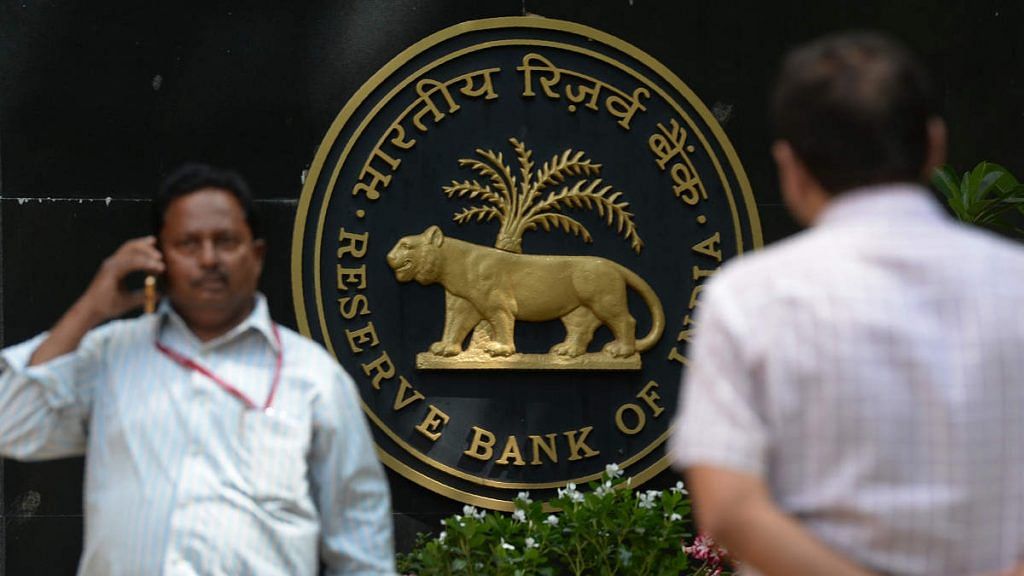RBI board is also expected to discuss the loan defaulters’ list that has not been made public.
New Delhi: After the recent spat between the government and the Reserve Bank of India (RBI), all eyes are on the scheduled meeting of the central bank’s board on 19 November.
This meeting will not be an ordinary one, as the RBI is set to take a few critical decisions, including a call on whether or not to increase the chunk of the dividend it pays to the government. The government has sought a larger share of dividend from the central bank to meet its fiscal deficit target.
“In all probability, the RBI will say no, though there could be some pressure on the central bank to increase the dividend,” an RBI source said.
According to a section of RBI employees, the government has sought Rs 3.6 lakh crore from RBI’s surplus pool, which it is not ready to part with.
The RBI paid a dividend of Rs 50,000 crore to the government for the period 1 July 2017-30 June 2018 — the highest-ever surplus transferred since 2015-16.
Sources said the Finance Ministry is unlikely to make any immediate demand on this.
“We do not want to rake up this issue again…but at the same time, the money that RBI has is for public use,” a senior official who did not wish to be identified told ThePrint. The money could have been used for bank recapitalisation, the official said.
Besides, sources said the board could also discuss the issue of the loan defaulters’ list, which has not been made public.
Also read: Undermining autonomy of RBI is the opposite of Modi’s promise of good governance
Why has govt demanded higher dividend?
Sources said former Chief Economic Advisor Arvind Subramanian, in his Economic Surveys of 2015-16 and 2016-17, had made a case for transferring a larger share of RBI’s excess capital to the government, which in turn would allow the government to redeploy this amount in a more productive way.
The survey pointed out that RBI is one of the most highly capitalised central banks in the world.
“There is no particular reason why this extra capital should be kept with the RBI. Even at current levels, the RBI is already exceptionally highly capitalised,” the FY17 Economic Survey said, adding that the amount could be redirected towards recapitalising the cash-starved public sector banks.
Also read: Urjit Patel won the first round in RBI vs Centre, but the war isn’t over
However, Subramanian in his survey had also underlined the need to maintain the autonomy of the RBI, while transferring a larger share of the surplus reserves.
